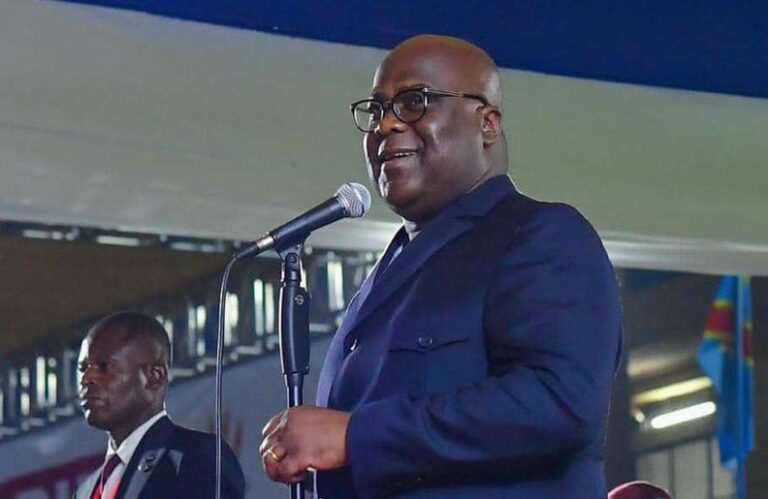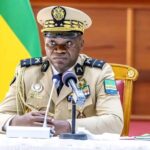President Félix Tshisekedi announced that a commission would draft the DR Congo’s new Constitution next year as the current one is “not good” and “written in a foreign country”.
Tshisekedi was addressing the nation from Kisangani in the Tshopo Province, where he also spoke of social and security issues.
He is going to appoint a commission next year made up of people from different sections of society to draft a new constitution adapted to the realities of the DRC and which will no longer hamper the functioning of the country.
He said the current Constitution was poorly drafted as several articles of the fundamental law of 2006 need modification, including articles limiting the head of state’s mandates.
However, Tshisekedi, re-elected for a second and final term in December 2023, said that changing presidential term limits is “not the president’s task”. However we have doubts.
Félix Tshisekedi, the president of the Democratic Republic of Congo (DRC), has been pushing for constitutional changes as he nears the end of his first term. This move is sparking debates about his motives and the implications for Congolese democracy.
There are several reasons why Tshisekedi might be considering a constitutional amendment:
- Extended Power: Amending the constitution could potentially allow him to extend his presidency or even run for additional terms. Given that his presidency has faced numerous challenges—from political alliances to security issues—he may be seeking more time to solidify his position and pursue his agenda.
- Political Influence and Stability: The current political structure in the DRC limits the power of the president relative to parliament and regional governments. Tshisekedi may be aiming to centralize authority to implement policies more efficiently, which, according to his supporters, could strengthen national stability.
- Addressing Electoral Reform: The constitution could also be amended to address flaws in the electoral system and to establish more robust electoral reforms. Tshisekedi and his supporters have argued that these changes are necessary to ensure transparent elections.
Critics argue, however, that this push for reform could undermine democratic norms in the DRC, given that the country has a history of leaders using constitutional changes to cling to power. This is especially contentious because many Congolese are cautious about any moves that could further entrench a single leader, given the country’s turbulent political past.
Félix Tshisekedi’s push for constitutional change could find support from several key groups, each with their own motives for backing his agenda:
1. **His Political Coalition (Union Sacrée): Members of Tshisekedi’s coalition, the Union Sacrée de la Nation, might support him to protect their positions and maintain influence within the government. As they’ve allied with him since 2021, they likely see this move as an opportunity to secure political power for the long term.
2. Business and Economic Elites: Some business leaders and economic elites may view Tshisekedi’s proposed reforms as a pathway to stability and predictability in DRC’s political landscape. With a more centralized government, Tshisekedi could focus on economic reforms and infrastructure projects that could benefit these elites.
3. Regional and Local Leaders: Some regional leaders may back constitutional change if it promises to address local governance issues or if they gain assurances of influence. As the DRC faces security challenges, particularly in its eastern provinces, Tshisekedi could present these changes as necessary for improving security and public services.
4. International Partners and Investors: While foreign governments may approach this cautiously, certain international stakeholders—especially those invested in DRC’s mining sector or broader economic development—could support changes that lead to a more stable investment climate. Stability in governance could appeal to countries and companies with significant interests in DRC’s resources, like copper and cobalt.
5. The Military and Security Apparatus: The military and security forces could also be key supporters, particularly if Tshisekedi’s reforms include provisions that strengthen security infrastructure or provide greater funding. Support from the military is especially significant in the DRC, where security is a major challenge.
These groups would likely support Tshisekedi as long as his proposed changes appear to provide mutual benefits, such as stability, economic growth, or improved local governance. However, they may distance themselves if they perceive the changes as unduly extending Tshisekedi’s grip on power, given the DRC’s sensitivity to authoritarianism and instability.
Criticism of Félix Tshisekedi’s proposed constitutional changes comes from several groups, both within the Democratic Republic of Congo and internationally. Key critics include:
1. Opposition Political Parties: Opposition groups argue that Tshisekedi’s attempt to change the constitution could be a strategy to extend his presidency or consolidate power, which they view as a threat to democracy. Figures like Martin Fayulu and Moïse Katumbi, prominent opposition leaders, have voiced concerns that this move could replicate the authoritarian practices seen under former leaders.
2. Civil Society Organizations and Activist Groups: Many Congolese civil society organizations, youth groups, and human rights activists are wary of any attempts to amend the constitution. They fear this could lead to erosion of democratic rights and freedoms and are vocal about ensuring that power remains checked. Groups such as LUCHA (Lutte pour le Changement) have already mobilized in the past against political abuses of power.
3. The Catholic Church and Other Religious Institutions: The Catholic Church, a highly influential institution in the DRC, has often taken a stance against moves that could destabilize democracy or extend presidential terms. The Church has publicly criticized similar maneuvers in the past, including those by former president Joseph Kabila, and is likely to question Tshisekedi’s motives as well.
4. International Community: Foreign governments, especially those focused on promoting democratic governance in Africa (e.g., the United States, European Union, and some African nations), may see Tshisekedi’s move as concerning. They often view constitutional changes that extend terms or centralize power as detrimental to stability and democracy in the region. The UN and African Union might also weigh in if there’s significant backlash within the country.
5. Human Rights Organizations: Organizations like Human Rights Watch and Amnesty International are likely to raise red flags, fearing that constitutional changes could open the door for repression or human rights abuses. These organizations often monitor political shifts closely, especially in countries with histories of authoritarian rule, and could exert pressure on Tshisekedi’s administration to halt any reforms that undermine democratic principles.
These critics argue that rather than changing the constitution, Tshisekedi should focus on upholding electoral processes and implementing reforms to address the country’s security and economic challenges. They contend that constitutional amendments could weaken democratic institutions and set a dangerous precedent for future leaders.
Yes, Félix Tshisekedi’s proposed constitutional changes in the Democratic Republic of Congo (DRC) bear similarities to recent constitutional developments in Gabon, as both seem rooted in leaders seeking to extend or solidify their hold on power under the guise of national stability and governance reform. While these situations are distinct, some common themes include:
1. Power Consolidation: In Gabon, President Ali Bongo Ondimba, until his recent ouster in 2023, had made constitutional adjustments that allowed him to stay in power for over a decade. These adjustments increased executive power and limited democratic checks and balances, sparking concern among citizens and opposition groups. Similarly, in the DRC, Tshisekedi’s proposed reforms could be seen as an effort to concentrate authority, potentially extending his time in office or increasing executive control.
2. Weakening of Democratic Institutions: Both in Gabon and the DRC, constitutional changes are perceived by critics as moves that could weaken democratic safeguards. In Gabon, changes to the constitution diminished the judiciary’s independence and empowered the president, while in the DRC, Tshisekedi’s opponents argue that similar reforms could weaken parliament and strengthen the presidency. This raises concerns about the erosion of checks and balances in both countries.
3. Potential Popular Backlash: In both countries, citizens and opposition groups have raised concerns that constitutional amendments might be a tool for maintaining a single political family or leader’s control over the state. In Gabon, public dissatisfaction with Bongo’s rule and his constitutional adjustments eventually led to military intervention, as people called for new governance. In the DRC, civil society and opposition leaders are voicing concerns over Tshisekedi’s plans, fearing similar long-term impacts on democratic institutions and potential for unrest.
4. Regional and International Concern: International actors have historically been wary of leaders who amend constitutions to prolong their rule, as it often leads to political instability. In Gabon, the political situation eventually drew condemnation from international communities, especially after the coup that removed Bongo. Likewise, if Tshisekedi proceeds with his changes, the DRC may face scrutiny and caution from international partners wary of a potential repeat of Gabon’s pattern of democratic backsliding.While the contexts of Gabon and the DRC are unique, these parallel elements highlight concerns over stability, democracy, and power dynamics in both cases, and they underscore broader regional worries about leaders modifying constitutions to maintain influence and control.
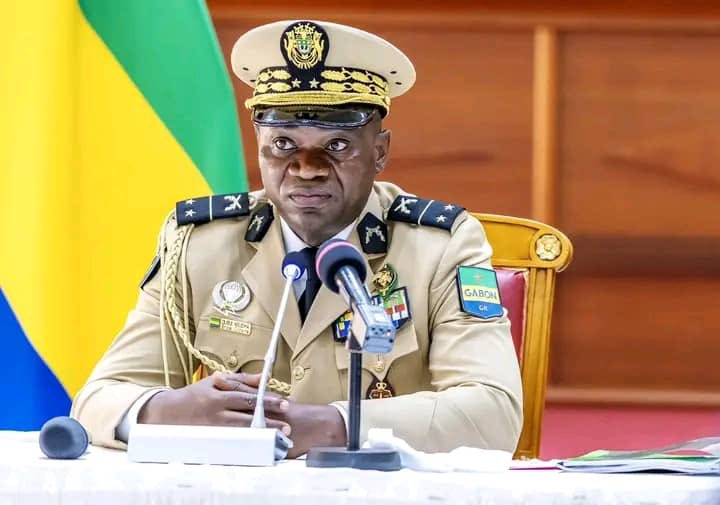
More on this story: The President of Gabon Oligui Nguema wants to stay in power
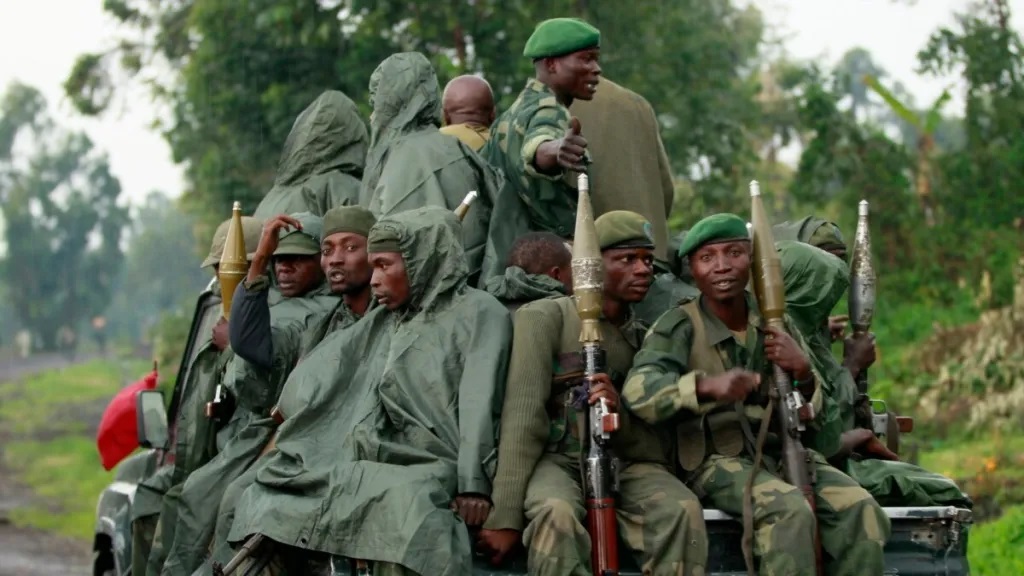
More on this story: M23 withdraw: the conflict in DRC is far from over
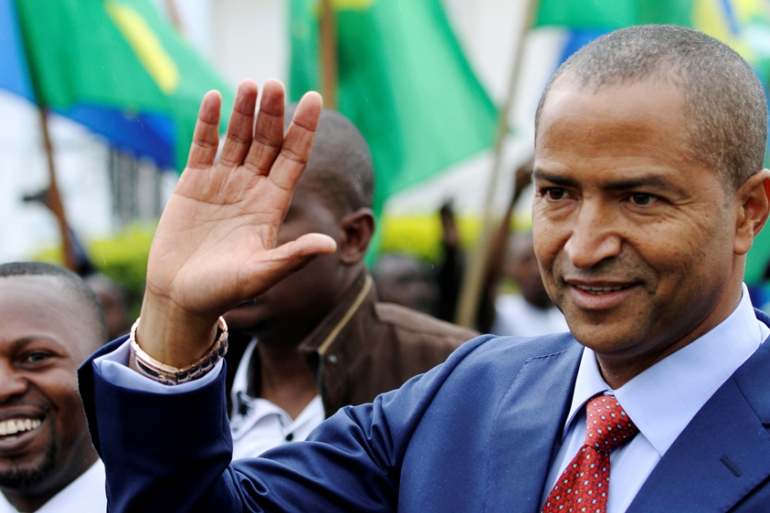
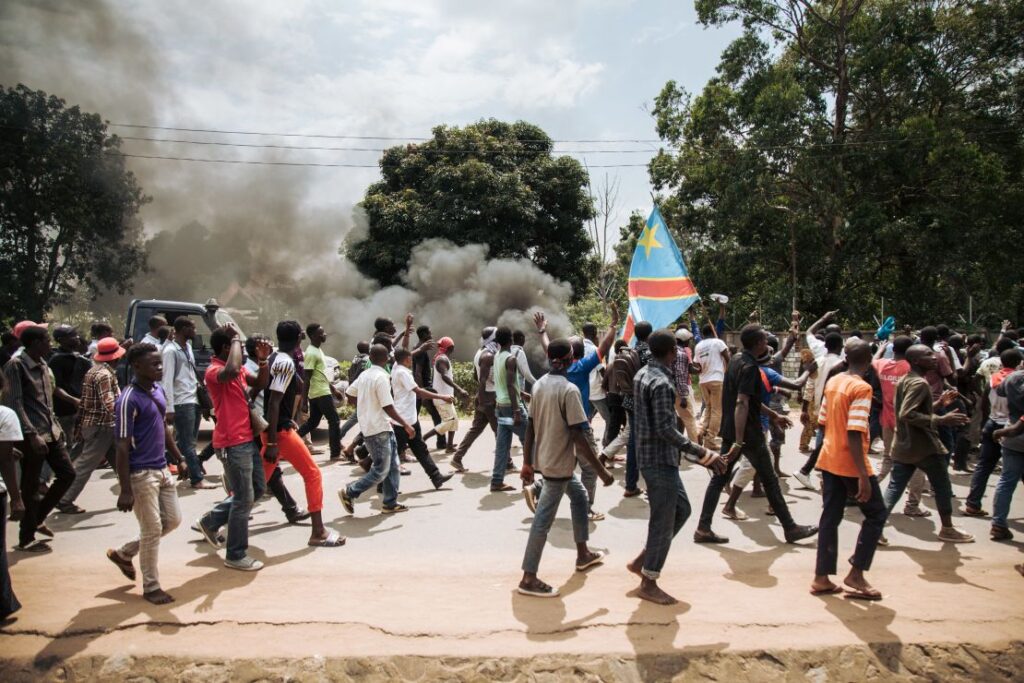
Posted inDemocracy Governance
More on this story: Tensions and fraud Mount Ahead of DRC Elections
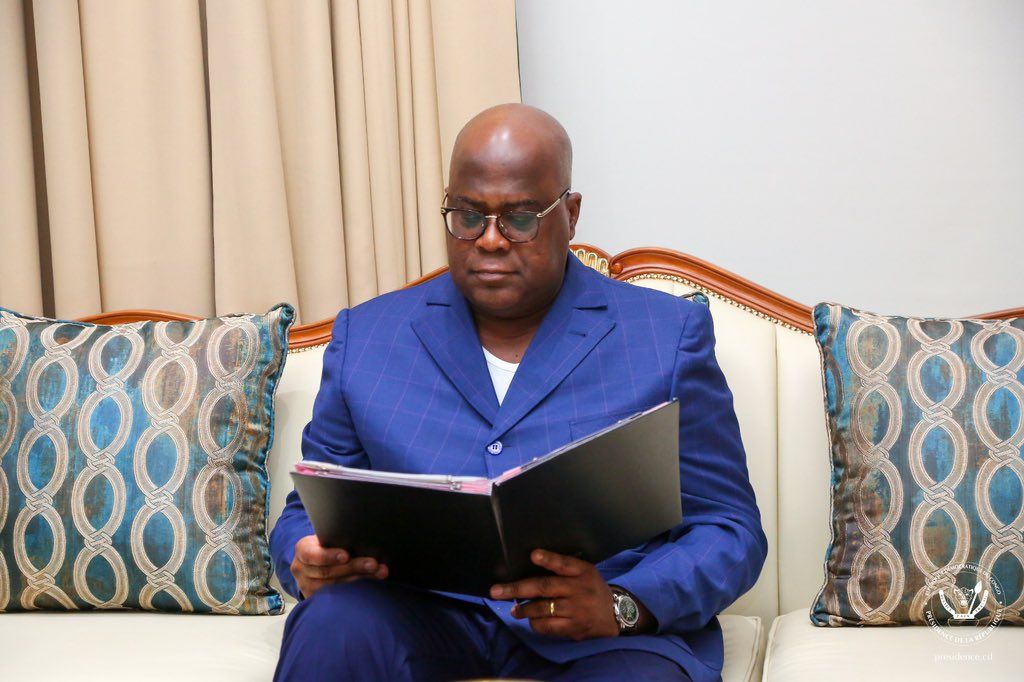
More on this story: Congolese PM resigns amid DRC-Rwanda tensions
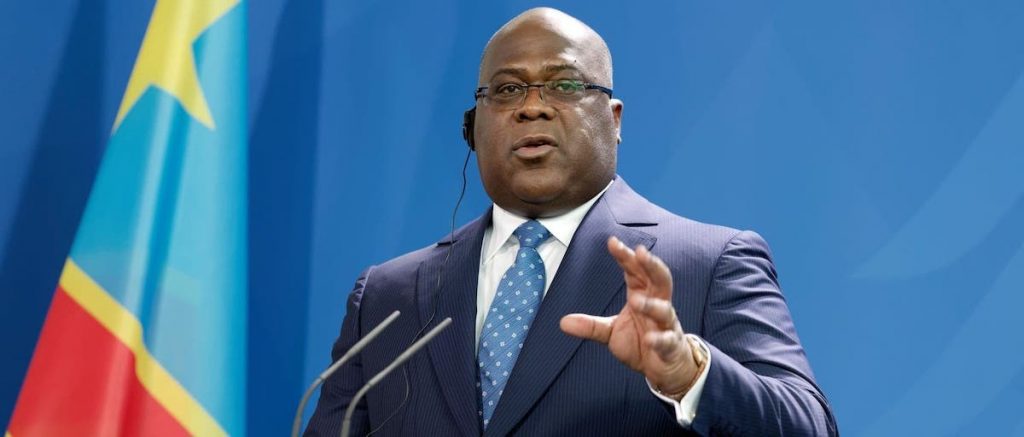
More on this story: DRC on the verge of a crisis


